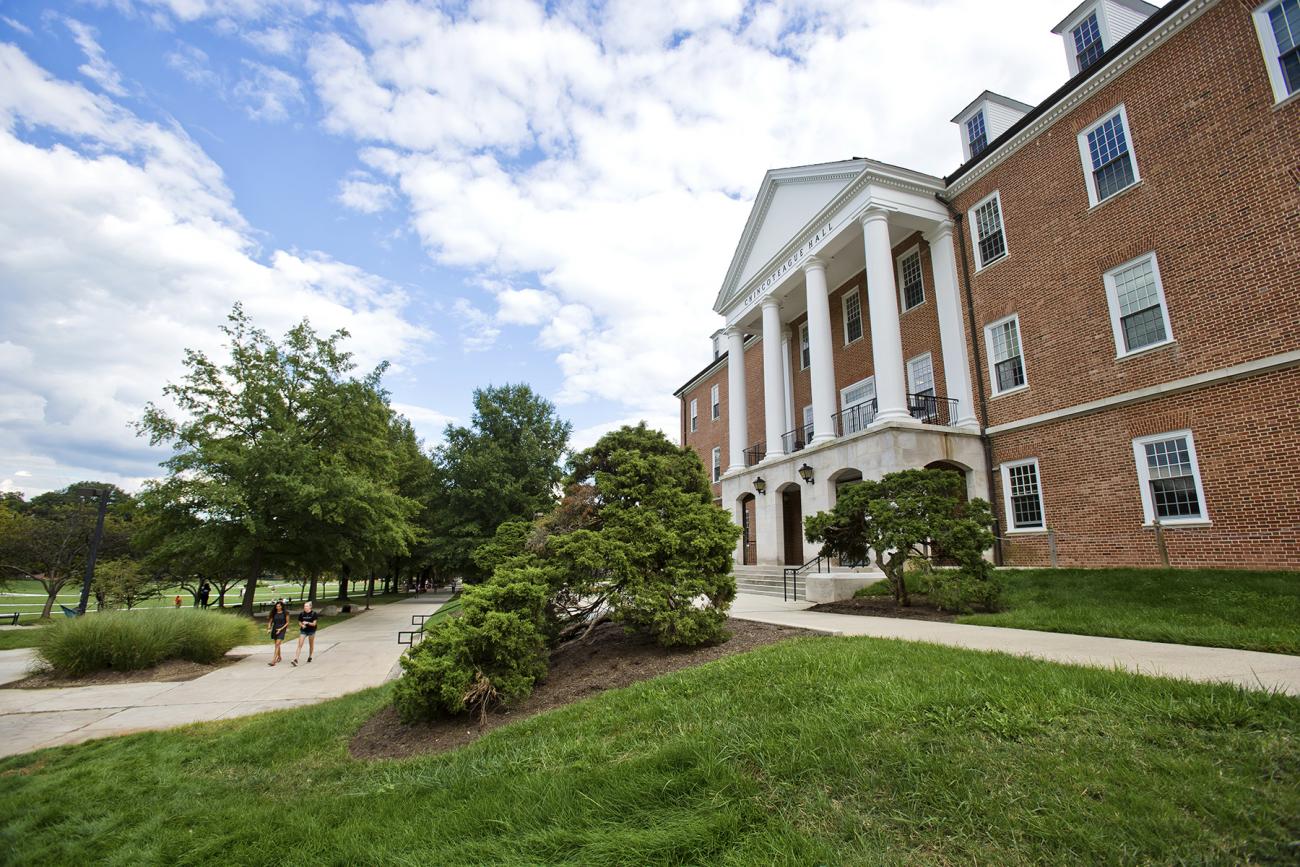A study of the major factors underlying international relations, the causes of conflict and cooperation among international actors, the role of international institutions, the interactions of domestic and foreign policies, and major issues in security, economy and the environment.
An introduction to empirical research in political science.
An introduction to the theories of rational choice including theories of negotiation and bargaining, elections and voting in democracies, community organizing and the contrast between the roles and performances of government and market.
Examines some of the salient continuities and breaks between the ancient and modern traditions in Western political philosophy.
An introduction to the comparative study of politics and governance, including the analytical concepts for studies of politics and a survey of the major types of regimes, including democratic and authoritarian/communist regimes.
No description.
Introduction to game theory with applications to political science, economics and sociology. Topics include preference theory, expected utility theory, Nash equilibria, subgame perfection, repeated games, folk theorems, and evolutionary stability.
Seminar in International Relations and World Politics
Advanced quantitative methods for political science research.
A comprehensive introduction to the quantitative study of international conflict. Students will perform statistical analysis of international conflict data using the R software platform.
The study of Marxist thought and an assessment of the critical transformations and reassessments of the theory and practice of Marxism.
Seminar in Political Philosophy
Seminar
Seminar in Comparative Politics. This course will cover the primary theories, concepts, and concerns of weak and failing states in the international system. The course material will address these issues at both the international and domestic levels, demonstrating how they interconnect. Using real-world examples such as Somalia and Afghanistan, the class will link readings to reality, and challenge students to analyze cases at both the component-level and the holistic-level.
Seminar in Comparative Politics.
A detailed survey of lawmaking and the legislative process, emphasizing the U.S. Congress, and its members.
An examination of the U.S. presidency in historical and contemporary perspective: nomination and electoral politics and the president's place in policy-making, administration, and public opinion.
This is a seminar for students in the GVPT Honors program. A comparative study of the governmental systems and political processes of the Latin American countries.


